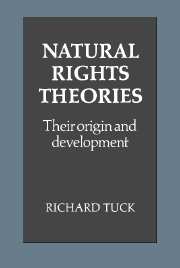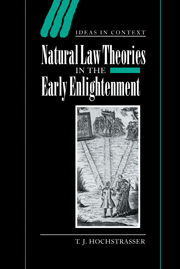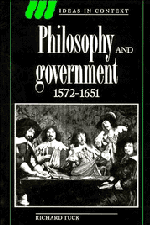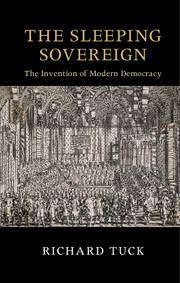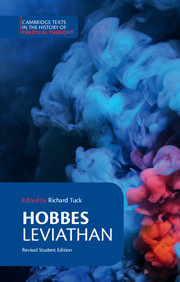Natural Rights Theories
This book shows how political argument in terms of rights and natural rights began in medieval Europe, and how the theory of natural rights was developed in the seventeenth century after a period of neglect in the Renaissance. Dr Tuck provides a new understanding of the importance of Jean Gerson in the formation of the theories, and of Hugo Grotius in their development; he also restores the Englishman John Selden's ideas to the prominence they once enjoyed, and shows how Thomas Hobbes's political theory can best be understood against this background. In general, the book enables us to understand more fully the characteristics of the natural rights theories available to the men of the Enlightenment, and thereby to appreciate the complexity and equivocal nature of modern right theories.
Reviews & endorsements
' … Dr Tuck has provided philosophers with a mine of historical material with which they can enrich their discussions not only of Hobbes and Locke (say) but also of contemporary philosophers such as Nozick. He has also provided historians with an example of a history of ideas which is firmly rooted in documentary evidence.' R. S. Downie, The Times Higher Education Supplement
'In historical range and intellectual suppleness, this is an enormously gifted book.' John Dunn, The London Review of Books
'A book which gives important new information and at the same time stimulates philosophical reflections is clearly a valuable contribution to intellectual history.' D. D. Raphael, The Times Literary Supplement
Product details
July 1981Paperback
9780521285094
196 pages
228 × 152 × 24 mm
0.275kg
Available
Table of Contents
- Preface
- Introduction
- 1. The first rights theory
- 2. The Renaissance
- 3. Hugo Grotius
- 4. John Selden
- 5. Selden's followers
- 6. Thomas Hobbes
- 7. The radical theory
- 8. The recovery and repudiation of Grotius
- Conclusion
- Index.

